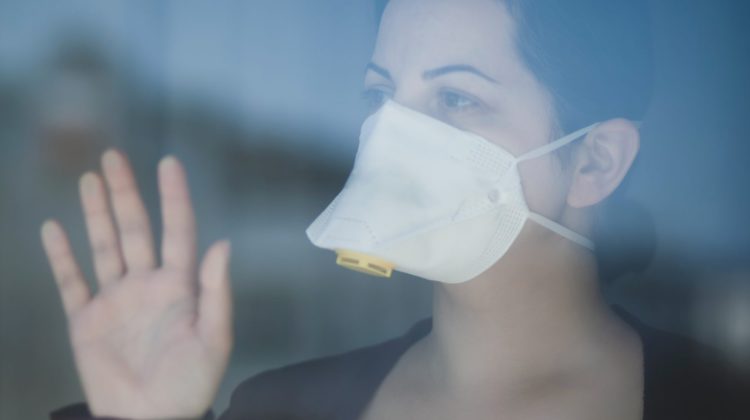There is an increasing number of cases of COVID-19 variants of concern as the third wave of the pandemic sweeps across BC.
On Friday, the province reported it has found more than four-thousand cases to date that are confirmed variants of concern.
This includes 3,082 cases of the B.1.1.7 (U.K.) variant, 55 cases of the B.1.351 (South Africa) variant and 974 cases of the P.1 (Brazil) variant.
More than a year into the pandemic, people have grown weary of health protocols and restrictions; many are letting down their guard.
Anne-Marie Nicol, an Associate Professor with the Faculty of Health Sciences at Simon Fraser University, warns that COVID-fatigue could make things much worse at a time when we really need to remain vigilant.
“If there was any time in the pandemic when people needed to be paying attention it is right now, and that’s because we don’t have enough people vaccinated, and we still have lots of people who never had COVID.”
Nicol says not only do the variants spread faster, the treatments and protections developed for COVID-19 may not be as effective.
“The evidence shows that some of the treatments that were used for the ancestral COVID don’t work as well, and then there’s the bigger question of will the vaccine work as well.”
She adds that there is also the growing concern of “re-infection in people who have already had COVID,” in particular when it involves the P-1 variant.
Nicol also says the emerging variants-of-concern are not just a threat to young people.
She says they are catching the virus more, including more variants, but the impact is also being felt in older people.
“We’re seeing more people between the ages of 50 and 70 in the hospital that have P1.”
While it’s understandable that people might be feeling burnt out after months of pandemic, she points out the “virus needs a vector, it needs a person,” and when you social distance you really are doing your part to reduce the spread of COVID-19.
Nicol says the virus is still circulating in our community, but all of the things that people were doing really well at the beginning of the pandemic may be falling by the wayside.
She says hand-washing, keeping to a small bubble, avoiding indoor gatherings, and making sure to wear a proper and well fitted mask consisting of three layers all remain effective ways to reduce transmission of the virus.




